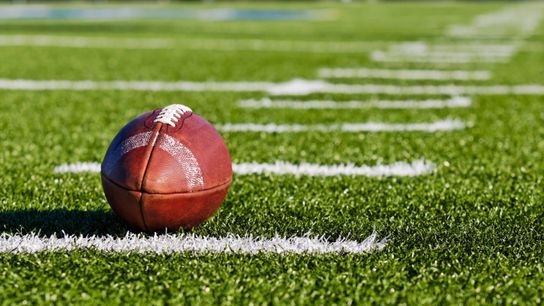Major League Baseball and the NBA are in the process of returning to action, which means it's time for players and coaches in both leagues to declare whether they're in or out. This week, we learned that two coaches had their decisions made for them.
The Minnesota Twins have announced that coaches Bob McClure and Bill Evers will sit out the 2020 season.
McClure is 68 and Evers is 66, and the Twins are keeping them home because they are in their 60s. Both coaches will remain on the payroll, contributing in an as-yet-undefined capacity from home.
In the initial roll-out of its return-to-play plan, the NBA initially floated the idea of keeping coaches 65 and older home "in order to protect them."
Such is life in this pandemic, as our country collectively fights to return to normal life against a decidedly ageist virus. The Centers for Disease Control reports eight out of 10 COVID-19 deaths in the United States are among those 65 and older.
These decisions made in the NBA and MLB are previews of life in college football and the NFL, where some coaches are already making difficult choices about the upcoming season.
This, though, isn't difficult: Any coach -- especially those in sensitive age brackets -- should be allowed to coach from home until a vaccine is developed. Any coaches who wishes to work should be allowed to do so, but no one should be forced to choose between their job and their health.
The coach can remain involved with the program, leading meetings and engaging in recruiting efforts remotely. (Indeed, many meetings will take place remotely any way, as programs look to reduce the number of opportunities the virus has to spread within a team, and in-person recruiting has been paused until further notice.)
Any senior-aged coach who sits out in-person coaching could remain involved in the program by accessing game and practice film from home, and he could be replaced on the physical practice field by a graduate assistant. This would represent a life-changing opportunity for the GA, who would have an entire season to run drills, to head in-person meetings and to manage his team on game days.
NCAA rules permit each FBS program to employ up to four graduate assistants, and times like these are why they're there in the first place. The rule book treats them no different than full-time coaches, allowing GAs to perform hands-on coaching duties that analysts and quality control coaches cannot.
There's no need for any coach to risk his health to perform duties that another coach can do.
This logic, by the way, applies to head coaches. It's admittedly a little dicey to think of a head coach sitting out a season due to fear of the virus, but the virus doesn't care one bit what job title its host happens to carry. (Obviously, a GA couldn't step in for a head coach directly, but he could shoulder positional duties for a coordinator who stepped in for a hypothetically-absent head coach.)
No one should have to do choose between their livelihood and their life, full stop, no matter the industry. But especially not in college football coaching, with young and capable GAs ready to step in.
